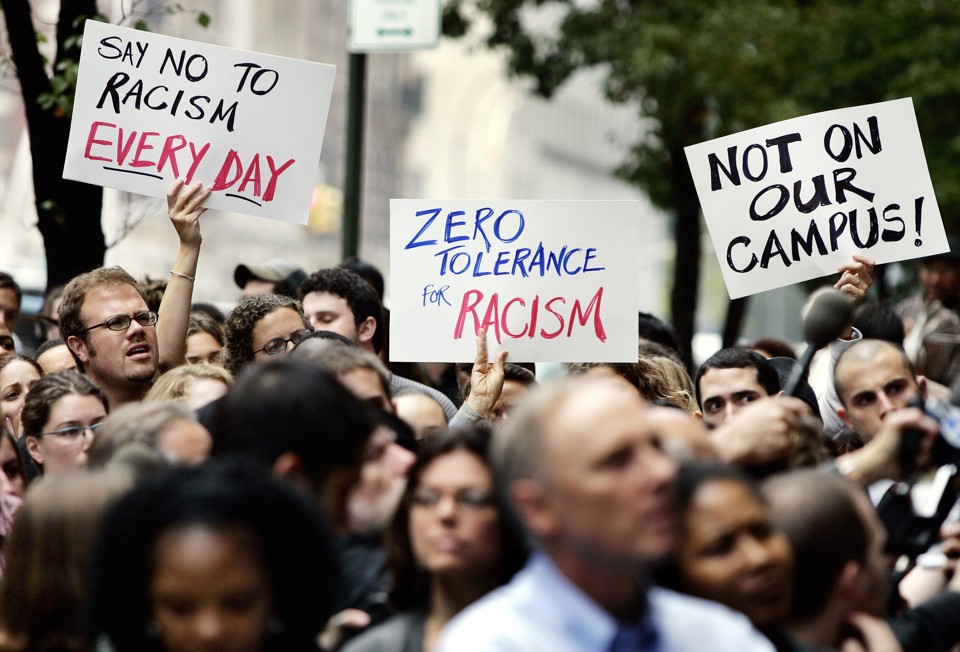How Teachers Learn to Discuss Racism
Urban-education programs prepare them for imperative contemporary conversations with students.

So in early fall 2016, he surveyed 450 pre-service and current public-school teachers on their beliefs about race. Despite the small sample size, the preliminary findings from the nationally representative group revealed an intriguing disconnect. Teachers overwhelmingly agreed that race should be discussed in classrooms; they felt woefully unprepared to lead such
conversations; and they strongly rejected discussing racial violence, which Milner called “central to working with … black and brown students” who are frequently the victims of police shootings. “Basically, teachers said ‘You’ve twisted my arm. We should talk about race. Nope, I don't feel prepared to do
that. And I'm definitely not going to [talk about] violence against black bodies.’ That’s where we are in 2017.”
With a profession that’s characteristically white, female, and middle class—and with students of color and children in poverty rapidly making up the majority of the public-school population—teachers equipped and willing to talk about race and racism has become a necessity. The mere mention of these topics can be awkward and difficult, yet various research findings point to the need to confront the discomfort to improve student learning. Increasingly, that duty has fallen to urban-education programs—a special category of teacher preparation that is reimagining how teaching candidates are prepared and disrupting the race and class stereotypes surrounding urban students and communities.
The dictionary definition of “urban” relates specifically to cities and people who Urban-Education Programs Prepare Teachers to Confront Racism - The Atlantic:
